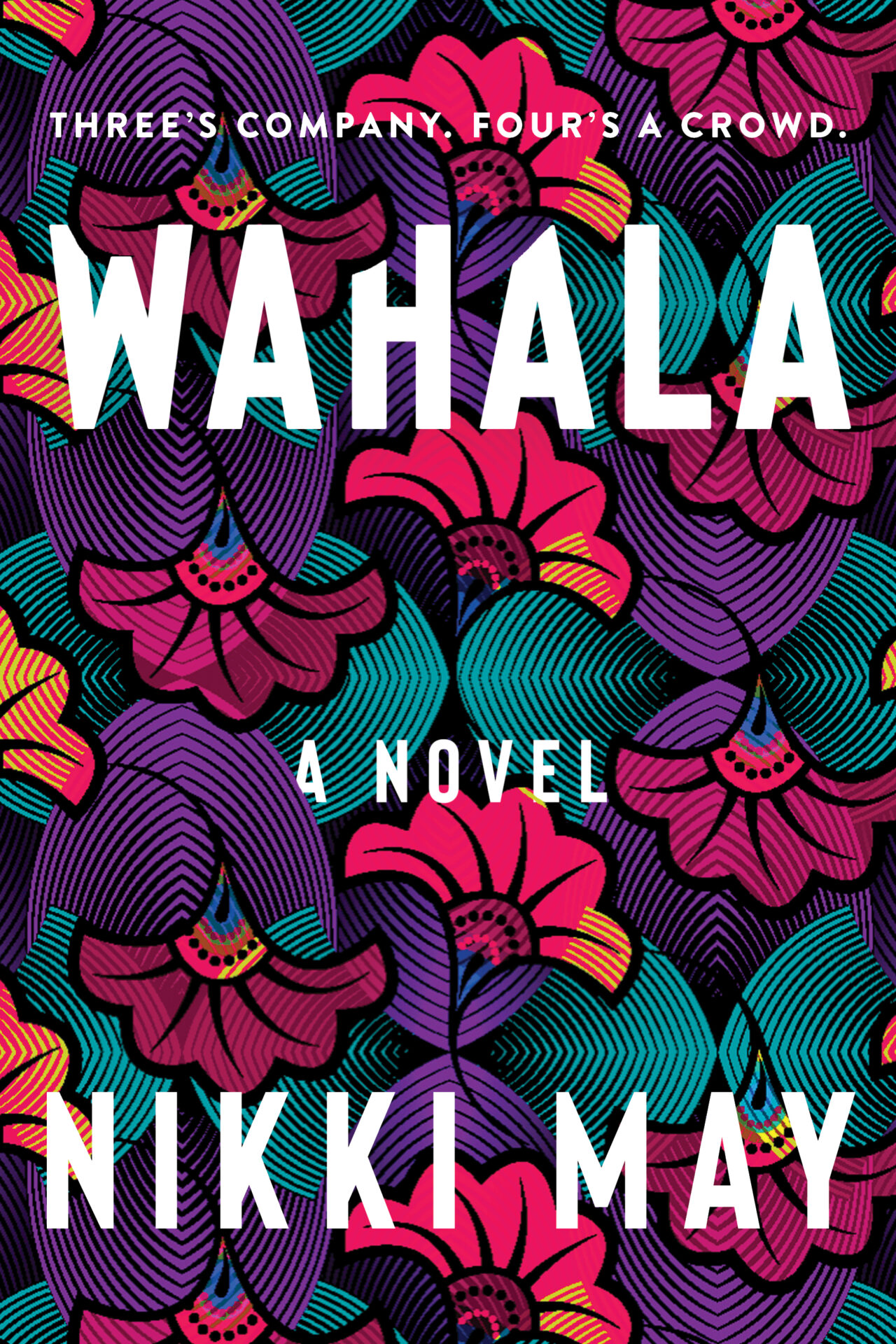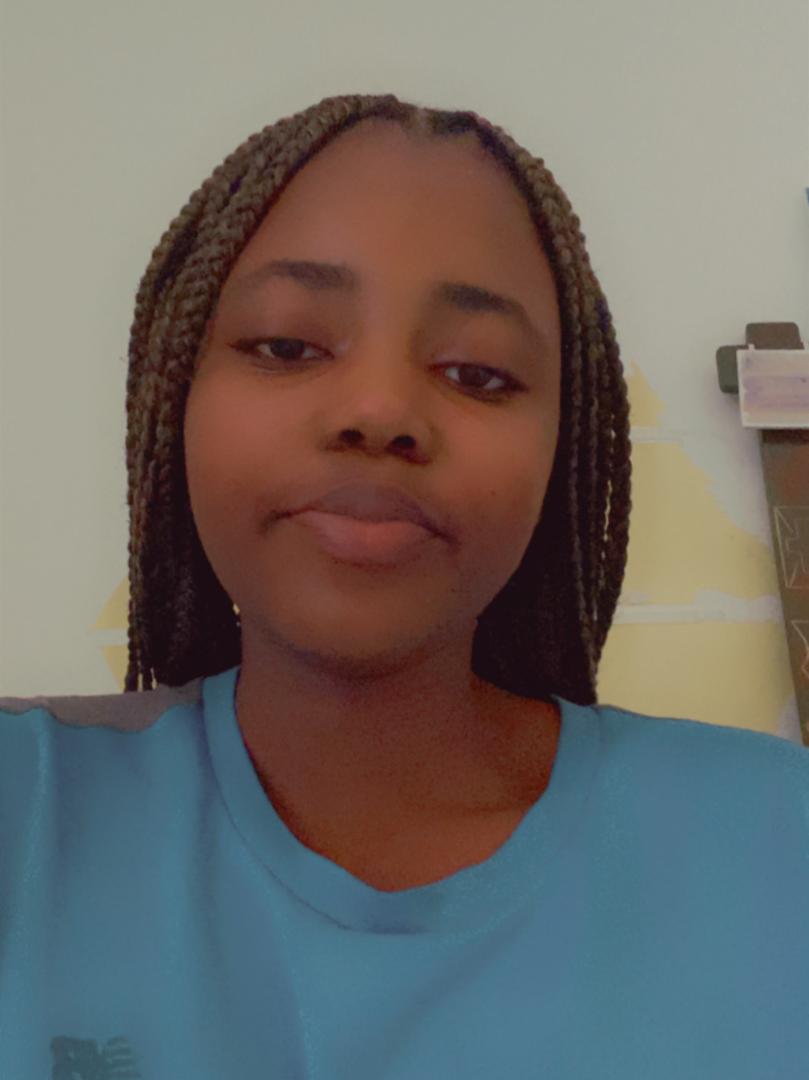
Top 30 Cartoon Characters That Were Villains
Our list rounds up the top 30 cartoon characters that were villains, each one more wonderfully wicked than the last.
nikkimay, wahala
I haven’t lived in London before, but I’m not sure that Africans in London who are almost working-class or working-class by association can afford to eat from the buka every week and also afford takeouts as huge as what Ronke always did.

Wahala is Nikki’s May’s debut book that follows the lives of 3 friends; Ronke, Simi, and Boo, whose very peaceful and comfortable routine friendship is interrupted by Isobel, an unassuming young lady who pretends to need love and community.
This book is your classic primary school story; 3 best friends have established a friendship, and one new student comes to scatter the relationship.
There is Boo with her seemingly perfect life with a daughter and a husband who can never be angry at her for anything. Then, there is Ronke, who keeps a picture-perfect image of her deceased father, searching for him in the bodies of the men she dates. Also, there is Simi, married to a man who is miles away, dropped out of Med school, and works as a fashion marketer. She is hopelessly in love with her husband but doesn’t want kids.
And then there is the fourth woman Isobel who comes to cause mayhem in this perfect relationship.
One thing I liked about this book was how Nikki made the men invisible. They were there but never took center stage.
Nikki had a good story, but the storytelling was poor, making the book annoying to read.
Her storytelling was all over the place, and it seemed like she had a lot to talk about and was determined to pour it all into one book. It didn’t really do for a good plot.
She has characters like Kayode, who wasn’t well-developed. I have no impression of him because Nikki didn’t make an effort to build him properly. I know Ronke’s friends didn’t like him cos they thought he didn’t love her and wasn’t a kind person, Ronke was convinced he loved her, but if he was really a nice person, I do not know. His character seemed unfinished and like an afterthought. Something she inserted to increase the already chaotic scenes that were going on. We don’t get to see him for himself, and we don’t get to know the kind of person he is.
Isobel is another character I tried understanding. Nikki painted Isobel to be an insanely rich woman, but Isobel was only a daughter of a Nigerian politician and not Beyoncé. In this book, you would think that Beyoncé was learning the trade from Isobel.
Now to the main characters. Nikki made us understand the kind of friendship the three friends had, with the trust and bonding. And so, how they allowed themselves to be fooled by Isobel is still beyond me. Because those tricks Isobel used were cheap nursery tricks that anyone with a working brain could decipher. This is one of my many discomforts with the book because I worried that Nikki was trying to enforce the narratives that “women are their own enemies” and “women will always fall out with those they called friends.”
I can almost hear the men saying that if it were them, it would never happen.
Another blunder in the book was the need for Nikki to represent Africa at all costs. I wondered if it is because she is Anglo-Nigerian herself she wanted to see herself in her characters and share all her experiences which led to an overload of information.
It made it so annoying. She linked everything to Africa, every single thing from food to clothes to the smallest of things like decor spaces to communal living. Everything had to be traced back to Nigeria!
Meanwhile, these were girls who left Nigeria at 11 and 4 years. I wonder how their memories were that sharp to remember even current things considering that they lived a certain middle-class lifestyle and had synced into their London life. They never even went back home.
I haven’t lived in London before, but I’m not sure that Africans in London who are almost working-class or working-class by association can afford to eat from the buka every week and also afford takeouts as huge as what Ronke always did.
It all seemed unrealistic for the kind of class she described the friends to be in.
Again, how likely is the coincidence that everyone is related to someone. How likely is it? Every character in the book seems to be related to each other, and everyone seemed to have crossed paths with someone’s family member, which made it too much.
So annoying and a lot to take in. Highly unnecessary, too, especially the Kayode part.
Like, did Kayode have to be Isobel’s ex? It made it so stressful, super stressful to read.
What was also the essence of painting the white men in that light and the black man the way she did. She seemed to be pushing the angry black man narrative and the calm white man narrative.
It seemed that Nikki was pushing all the wrong narratives about Africa.
Also, in Ghana, Fiifi is a boy’s name, not a girl’s. And kelewele isn’t fried in palm oil. That hairdressing scene was unnecessary, and the hairdresser referencing Ghana and representing Ghana was unnecessary. It all seemed forced.
Nikki touched on very important themes in the book like marriage, community, identity, and the need to fit in, but it was all over the place and difficult to make sense of. She tried to talk about everything and so ended up saying nothing.
I know the book reads Wahala, and so you should expect wahala from reading it, but this kind wahala is beyond me.

hi i am nasiba .

Our list rounds up the top 30 cartoon characters that were villains, each one more wonderfully wicked than the last.

DC is great at making comics and animated movies, while the MCU has the upper hand in its cinematic aspects

Discover the best apps to read books for free in 2025. Access thousands of free e-books and audiobooks on your phone or tablet. ...

There are some outright funny cartoon characters who exist solely to crack you up, loud, hard, and with zero apology.

Things Fall Apart is for the colonizers as well as the colonized, helping to understand the role of colonialism in the realization...

While many of the Nollywood movies on our list are quite old, it’s a testament to the capabilities of the industry’s p...

While this isn’t an exhaustive list, it comprises some of the most popular mythical creatures from around the world.